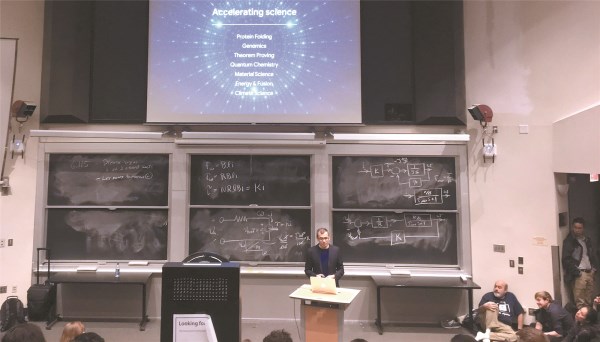Li Gang a and Liao Jianhui b
a Institute of Industrial Economics, Chinese Academy of Social Sciences
b State Grid Energy Research Institute
Abstract:To combat climate change, scholars across the globe have proposed a variety of carbon reduction schemes. These schemes are based on either current or historical emissions. However, because of difficulty in reconciling the interests of developing and developed countries, they have not been widely accepted. This article introduces the idea of carbon capital stocks, in the belief that stocks of carbon capital have a great influence on today’s quality of life for people in all countries, and hence can be used as a measure of the historical responsibilities each country should assume. Consulting the findings and data of previous research, we calculate the social stocks of cement, steel, copper, and aluminum of three nations (China, Japan and the U.S.) and define their carbon emission coefficients. Based on the above, we obtain the current carbon capital stocks contained in the material stocks of the three nations. The results show that although China’s total stocks of carbon capital have outpaced those of the U.S. and Japan, in per capita terms its carbon stocks are only a third of those of the U.S. and Japan. Therefore, developed countries have a solid material foundation for accepting liability for historical greenhouse gas emissions; there is a clear chain of responsibility linking the citizens of developed countries to fulfillment of their nations’ historical obligations. This article suggests that schemes for global carbon emission reduction cover two types of accounting: one is fair accounting, which is based on a nation’s historical obligations and on differences in per capita carbon capital between nations, and the other is equal accounting, which considers each country’s population and reflects the present state of equality. The strength of the article lies in its unambiguous theoretical grounding, which helps balance the interests of developed countries as against those of developing countries and facilitates global technical operation and transfers for a joint response to climate change.
Keywords:carbon capital,carbon emissions reduction,climate change



